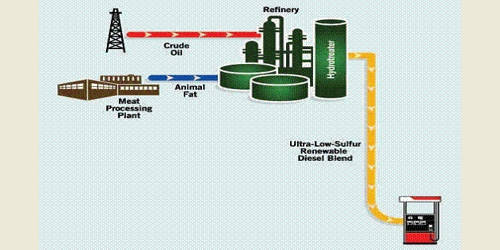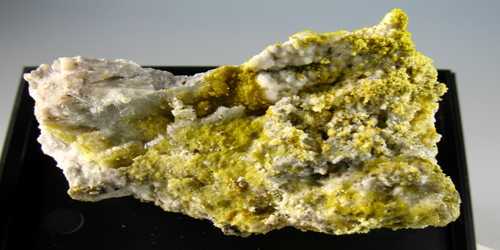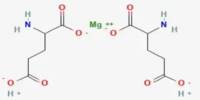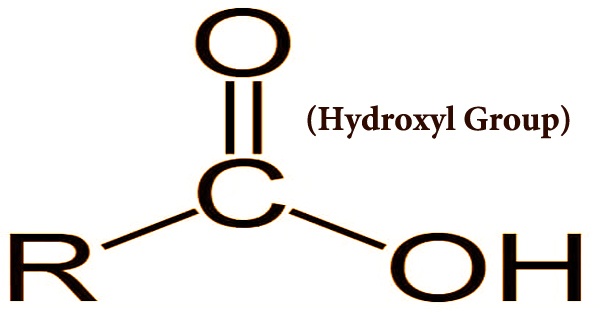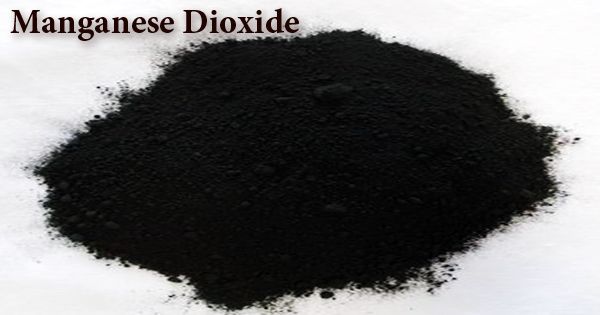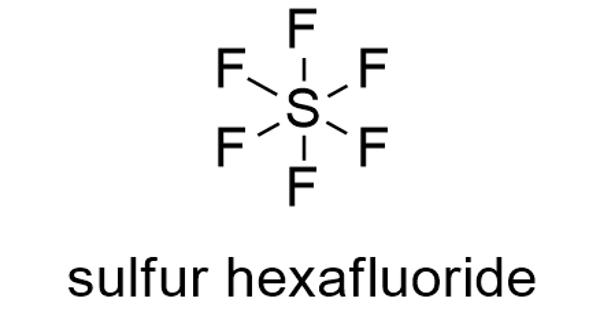Thermal depolymerization (TDP) is an industrial process of breaking down various waste materials into crude oil products. It is a depolymerization process using hydrous pyrolysis for the reduction of complex organic materials (usually waste products of various sorts, often biomass and plastic) into light crude oil. The materials are subjected to high temperatures and pressure in the presence of water, thereby initiating hydrous pyrolysis. It mimics the natural geological processes thought to be involved in the production of fossil fuels. It is said to mimic the natural geological processes thought to be involved in fossil fuel production. Under pressure and heat, long-chain polymers of hydrogen, oxygen, and carbon decompose into short-chain petroleum hydrocarbons with a maximum length of around 18 carbons.
Thermal depolymerization occurs in nature when accumulated biomass is heated and pressurized in the earth’s crust over millions of years. It is a process of breaking down complex hydrocarbons in an oxygen-deprived, heated and pressurized environment to yield simpler compounds that can be used to produce fuels. It is particularly helpful as solid wastes contain carbon, which can be chemically transformed into liquid fuel.
Benefits –
- This process can breakdown organic poisons by breaking the chemical bonds and deforming the molecular shape required for the poison’s activity.
- It can eliminate heavy metals from the samples by converting the metals from their ionized forms to stable oxides that can be separated from the other products.
- Using this process, the energy content of organic materials can be recycled without removing the water.
Limitation –
Thermal depolymerization process only breaks long molecular chains into short chains. As a result, small molecules like methane or carbon dioxide cannot be converted into the oil using this process.
Applications
- Waste Reduction – It is a high heat process that involves physical and chemical changes resulting in total destruction of waste bringing a significant reduction in the volume and mass of the waste.
- Oil Production – Researchers have produced oil from agricultural plant wastes like hog manure, animal wastes, plastics using thermal depolymerization method where the application of heat and pressure yields oil in addition to carbon dioxide, methane, and water.
Information source:
